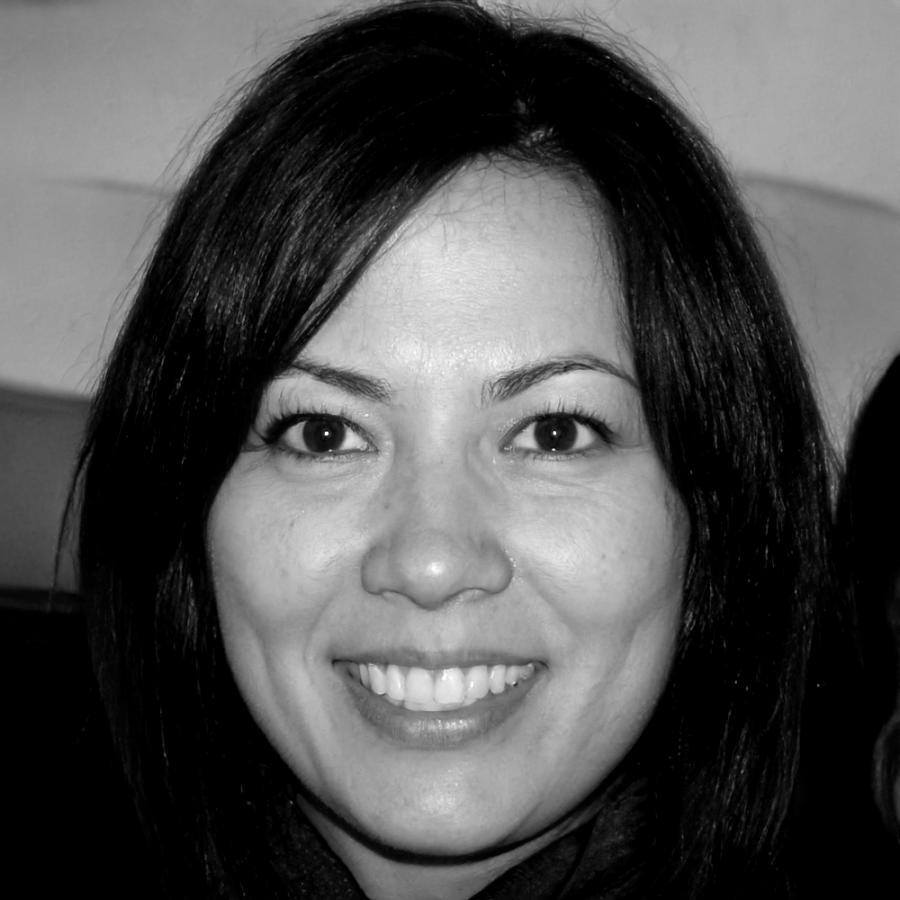Financial Statement Analysis Program
Learn to read the story behind the numbers. Our eight-month program teaches you how to interpret financial statements, spot patterns that matter, and make informed decisions based on real data.
Request Information
What You'll Actually Learn
Financial statements aren't just columns of numbers. They tell stories about business health, operational efficiency, and future viability. But you need to know what to look for.
Our program starts with balance sheets and income statements, then moves into cash flow analysis and ratio interpretation. By month four, you'll be comparing quarterly reports and identifying trends. Month six brings valuation basics and industry benchmarking.
Statement Fundamentals
Balance sheets, income statements, and cash flow documents—understanding what each reveals about a business.
Ratio Analysis
Liquidity, profitability, efficiency, and leverage ratios that highlight operational strengths and weaknesses.
Trend Identification
Spotting patterns across quarters and years that signal growth, decline, or operational changes.
Industry Context
Comparing statements against sector benchmarks to understand relative performance.
Contact Hours
Case Studies
Month Duration
Class Size
Your Instructors
Our teaching team includes financial analysts and accountants who've spent years working with statements across different industries. They bring practical experience from audit firms, investment analysis, and corporate finance roles.

Sienna Lockhart
Lead Instructor
Spent twelve years analyzing statements for manufacturing and retail companies. Specialized in spotting cash flow issues before they become critical problems.

Freya Drummond
Reporting Specialist
Worked in audit for eight years before transitioning to corporate finance. Teaches the connection between operational decisions and what appears on statements.
How the Program Works
Classes meet twice weekly in Newcastle—Tuesday and Thursday evenings from 6:30 to 9:00 PM. The next cohort begins September 2025 and runs through April 2026. You'll work through real company statements, not textbook examples.
Foundation Phase
Months one and two cover the basics—reading financial statements, understanding accounting principles, and calculating fundamental ratios. Weekly assignments using actual company reports.
Analysis Development
Months three through five focus on comparative analysis, trend identification, and industry benchmarking. You'll analyze statements from at least fifteen different companies.
Advanced Application
Months six through eight bring everything together—valuation basics, forecasting techniques, and comprehensive case studies. Final project involves complete analysis of a public company.